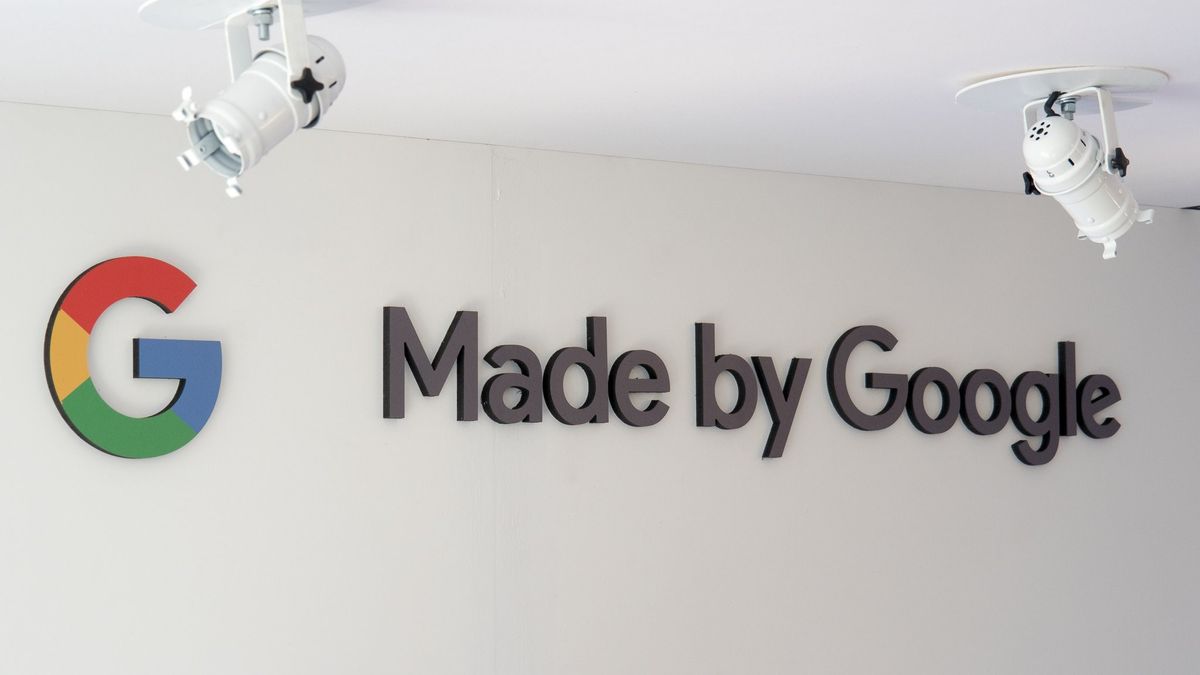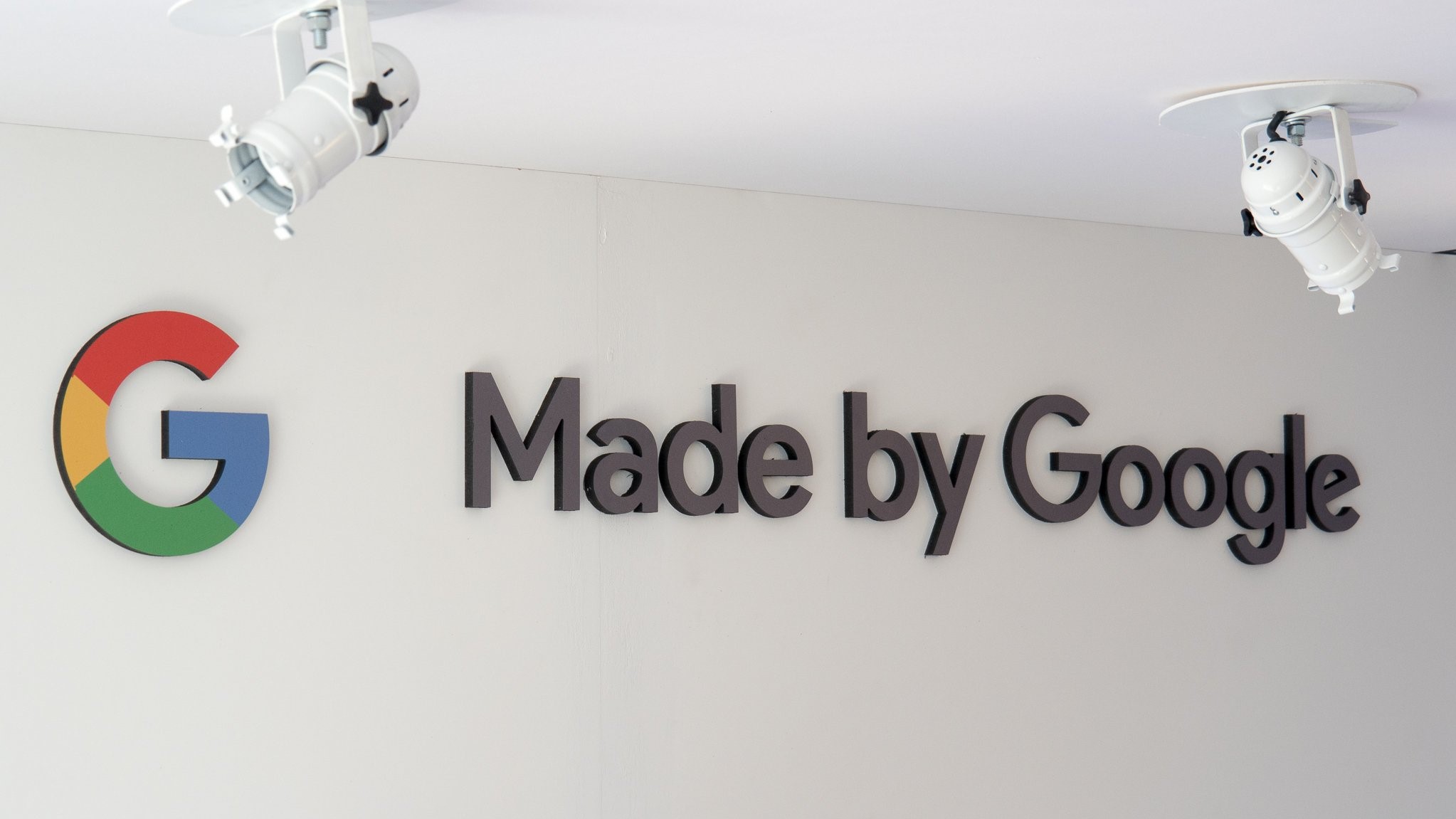The back of your phone doesn’t really tell you who made it; it only tells you what company put all the pieces together.Phones, like all other consumer electronics, are a collection of technology from many sources. A lot of it is done in-house — Samsung designs its Galaxy phones and decides how everything is going to fit together then supplies a sort of framework for every piece, both hardware and software. Many of the pieces that make it actually work though, come from someone else and had to be licensed.Using a product without the proper licensing agreements can lead to problems, something that OnePlus is learning about right now.Licensing and other assorted legal issues sound like some super boring part of making a phone. That may be so (I think it’s really interesting), but even if that’s true, it’s still one of the most important parts. Without the proper licensing, both the hardware inside the phone and the software that powers it wouldn’t exist.Licensing refers to the permission to use a company’s technology as a part of your product. It can be free, or it can be paid, and a court can even force it so one company doesn’t get an unfair advantage. When done the right way, we never think about it and only really know it exists if we judiciously read through the terms and conditions flashed on the screen the first time we use something. When done the wrong way, it’s news on every tech website because it could mean a product ban.It’s possibly the most important part of making a product.(Image credit: Qualcomm)The hardware inside your phone, tablet, earbuds, and everything else uses plenty of parts bought or licensed from elsewhere. It’s something all companies do because it’s something all companies need to do. A manufacturer that makes something as complicated as a phone usually isn’t also in the business of designing, testing, authenticating, producing, and licensing network technology, for example. Get the latest news from Android Central, your trusted companion in the world of AndroidTake Apple or Samsung; both companies build products that we can buy and those products have parts the company also builds inside of them. They also pay licensing fees to companies like Qualcomm or Corning because they are using physical products developed by those companies. The same goes for Google. Just because you make a product and the chip inside of it doesn’t mean you made everything.Software works the same way, and this is one of the things you are probably pretty familiar with but don’t know because you use Bluetooth earbuds.No matter if you use an iPhone or an Android phone, listening through a set of quality earbuds means Qualcomm, Sony, and other companies must be involved. There is no need for anyone to tell you about the software itself or to announce that it’s using tech from another company, but without it, your Bluetooth would sound like it did 10 years ago.(Image credit: Android Central)Sony is also a great example of how licensing technology doesn’t always mean money changes hands — it gives the LDAC audio codec it developed away for free to Google so it can be included in every Android phone. The tech is still patented and belongs to Sony, it’s just free to use. And while OnePlus is once again in the thick of it with more licensing issues, we’ve seen the same thing from Samsung, Motorola, and every other company, as well as from Apple and Google. Just because you’re the “big dog” doesn’t mean you get to use whatever you like without asking.We’ve even seen companies forced to license their tech by the courts in the interest of fairness. A company might charge exorbitant fees or refuse to license technology so it has some sort of advantage. Apple famously refused to pay for tech from Qualcomm, which it had used to force the issue in court because it felt that Qualcomm should have to play more fairly in this space.(Image credit: Corning)None of this is a selling point for a product like a phone. In fact, companies usually don’t mention much of it because they like to create the illusion that they’ve done all the magic themselves. You might know your phone uses Corning Gorilla Glass but had no idea it also uses firmware licensed from Broadcom. As long as it works and Broadcom gets paid, you didn’t need to know and it only becomes important when things go wrong and a judge gets involved. In a perfect world, ideas could be freely shared and all corporations worked together to make what’s best for us all. In the real world, there’s more than one way to be successful, and through licensing, we get the best tech that’s out there in one product.
Your smartphone is more of a collaborative effort than you think


